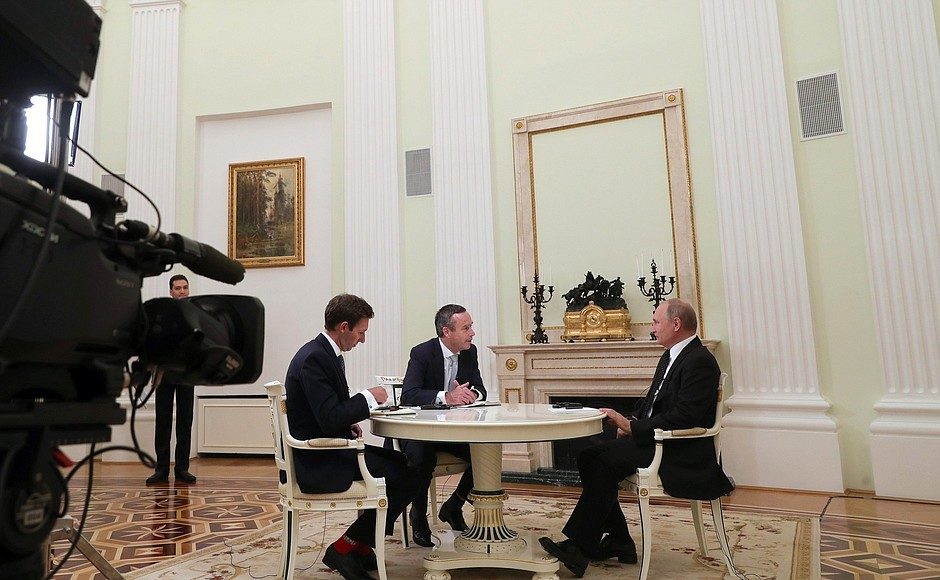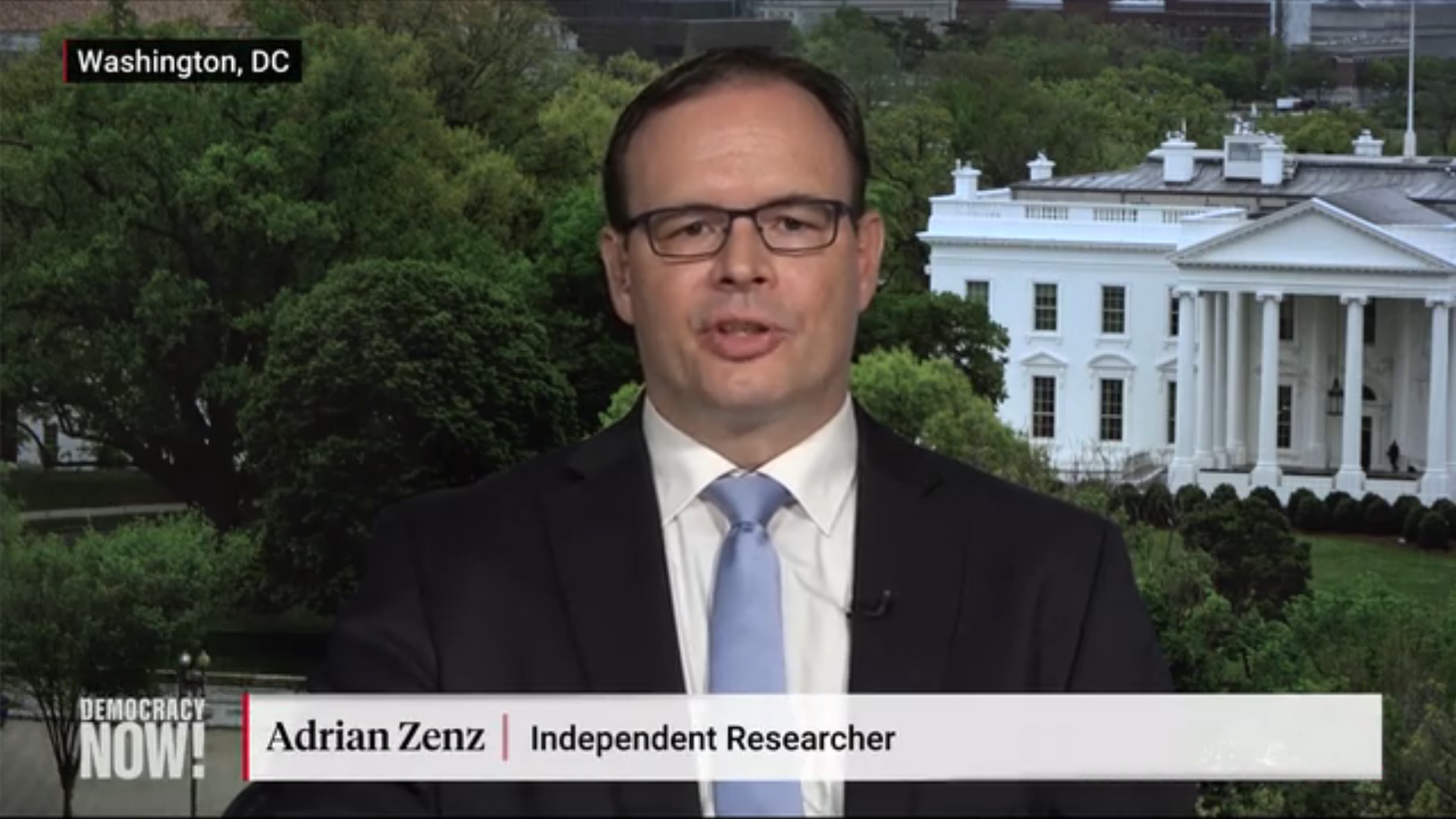Maybe I don't really understand but the way the arguments can be summarized IMHO like this:
- Yes, western countries are evil but China is evil too.
- Yes, China is evil but western countries are evil too.
On the human level, there is competition among psychopaths. There might be competition between totalitarian regimes as well, until they converge or clash. We can remove ourselves from the actual context to another, let's say WWII. The USSR fought the 3rd reich. The 3rd Reich was evil but does that make the USSR good, or less evil, or equally evil, or more evil?
Many in the west establishment, while outwardly critisizing China for "human rights violations", seem to be envious and admirative. After all, when China locked down Wuhan, it was inhumane and reprehensible. When the West did the same, lockdowns became virtuous and benevolent. Covid vaccine passeports are a westernized version of the Chinese social credit system as if there was a sort of a convergence of methods in the management of human resources. While we don't know for sure about the allegations of mass rapes and torture in these concentration centers, the Chinese government doesn't dispute their existance as mind reconditionning centers, or what we would cynically qualify as brainwashing centers. The West, with all the talk of wokeness reeducation, will eventually goes there in some form or another, or at least, many wish to go there.
I don't know if determining who's the evilest is relevent. All that matter is what affects real people within and without borders, not only on the physical level but also on their souls. OSIT.
That's pretty much exactly what I've been thinking, but you summed it up better than I would have. Thanks, mkrnhr!
That said, here are a few points I was working on before you posted your reply.
Is this meant to be unusual or something, given the context in which this is happening? In a lot of comments on this topic there seems to be more than a liberal dash of Western naivety and lack of awareness of how the world actually works and has worked for a long time, and by 'world' I mean ALL of it. I could use an analogy that might at first glance appear facetious, but is, IMO, pretty close to the core issue here. The analogy is: "I saw a nature documentary recently where a lion attacked and ate an impala that was silly enough to walk into the pride's territory. I think that's immoral."
Fair enough, you can call it immoral, but it's a bit naive to think that it's something unusual or stands out from normal affairs.
To the degree humans do objectively evil things to each other all over the planet, fair enough - I agree. We've often used the analogy of the crocodile or some other predatory species in reference to psychopathy, that there's little point getting hung up on the "immorality" of the serial killer, or the Bernie Madoff, etc. Stepping outside the realm of psychopathy, a similar principle applies. In a war, regardless of who is the aggressor, you will get situations where two opposing soldiers or groups will be engaged in battle. Each one will be fighting for their lives. It's kill or be killed. It's easy to judge the overall morality of the governments involved, who started it, who's fighting for a 'just cause', but not so easy when you're on the ground.
In this case, though, I don't think the lion/impala analogy captures it. There's the law-of-the-jungle, kill-or-be-killed mentality, but to use the example of two opposing sides in battle, if one side surrenders, the other side may take them captive as prisoners of war. Or, they may line them all up, execute them, then proceed to their village, torture and kill the villagers, rape the women, etc. Maybe they've even received orders from the top to do so, because it is seen as a necessary extreme measure to teach a lesson to the opposing side, and losing the war is not an option. Such behaviors are common and unremarkable in warfare, but I think that's part of what makes them so tragic. It's not that the Xinjiang camps and mass surveillance are new or singularly horrifying - just that they're just one more in a long list of human failings that result in injustice. I don't think it's naive to be a bit outraged - just human nature. We get outraged over all kinds of 'normal' things in these parts of the interwebs!
I probably do have a dose of overemphasizing morality or something to that effect, but what I find bizarre isn't that it is happening but that there are plenty of people who assign some type of benevolence to the situation just because it's China. It's like a group of people watch the lion attack and some see the lion as giving decent enough treatment to the impala.
There are a few responses I tend to see online on this topic. For example (using the analogy): "The lion is not eating the impala." Or: "The impala deserves it." Or: "The tiger kills prey too." I've got nothing against those responses in principle. Sometimes the lion isn't eating the impala (the reports about systemic rape), sometimes the impala does deserve it (if they catch an actual jihadist), and yeah, the tiger kills too (Guantanamo, Donbass). But I rarely see responses just making points like that. The pro-China camp tends to either deny outright that the camps even exist, or justify the whole approach as a
good thing. The anti-China camp says "the lions are killing all the impalas!" which is histrionic. A lot of them are gung-ho "America can do no wrong" types like Pompeo, to whom 'whataboutism' is an appropriate response, though some are anti-war and anti-deep state. But I haven't found anyone in the pro-China camp who will even consider that maybe China is going too far. It's entirely possible I haven't looked hard enough, though, so I'd be pleased to find some.
I know what you mean, and I think that perspective is the 'realist' one, where "decent enough" = the 'law of the jungle', and it's hard to argue against such a 'law', or call it 'unfair', because there's an equally valid perspective that the lion has every right, born of necessity, to keep itself alive by eating the only food that can sustain it. The alternative is death. Likewise, China assesses that it has every right to do what it deems necessary for its 'survival' in a 'dog eat dog' or 'lion eat impala' world.
At what point does a government's sovereign assessment go too far, to the point where it's worth taking a stand against it?
But there you could be describing many other places, cultures and governments like, say, what the Guardia Civil did to basque "dissidents" (and not just the violent ones). And that's in Spain, a "democratic" country. But nobody is shocked by it in the Western media.
Yeah, I completely agree on this. There's a huge double standard in the mainstream media and from Western governments, and a lot of anti-China commentators. One thing strikes me as odd though. When the Civil Guard beat up the Basque 'dissidents' and arrested their leaders, there was a lot of outrage and pointing out the injustice in the alt media. Pretty sure I participated in a bit of that on social media, as a lot of us did. On the forum here we also had a pretty big discussion about it, pointing out the Spanish government's perspective, but overall I think we came to the conclusion that whatever the government's motivation, and to whatever degree the protests were 'manufactured', it was still wrong for the Spanish government to come down on them the way they did. I don't think it was naive or a double standard to be outraged at what happened in Spain, even if it was a pretty government typical.

 And that's supposed to make us feel safer??? Geeze, Louise....
And that's supposed to make us feel safer??? Geeze, Louise....
